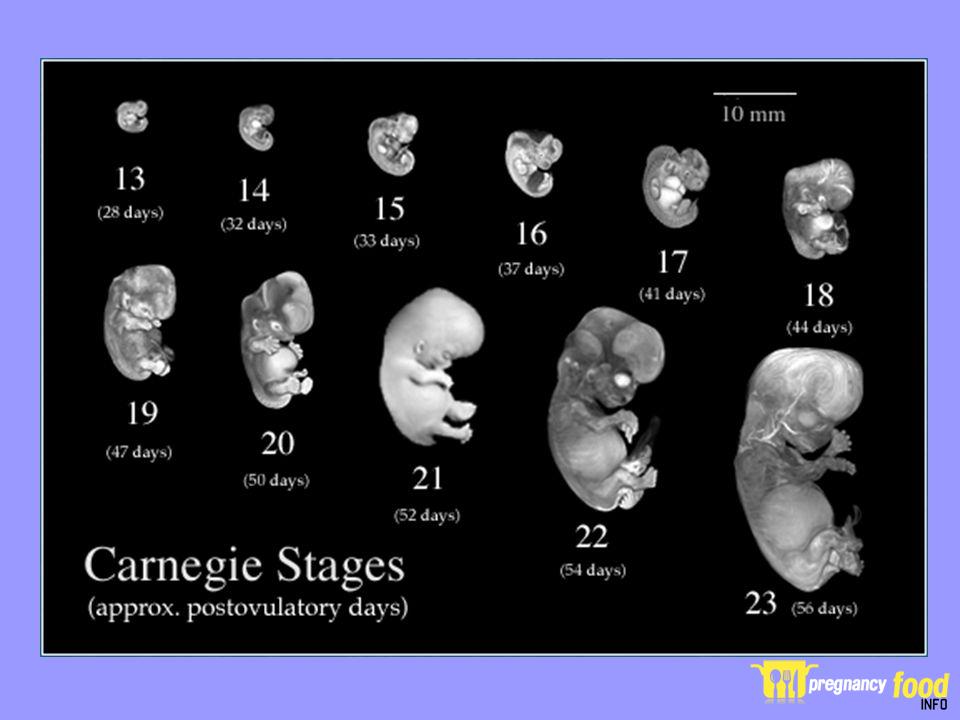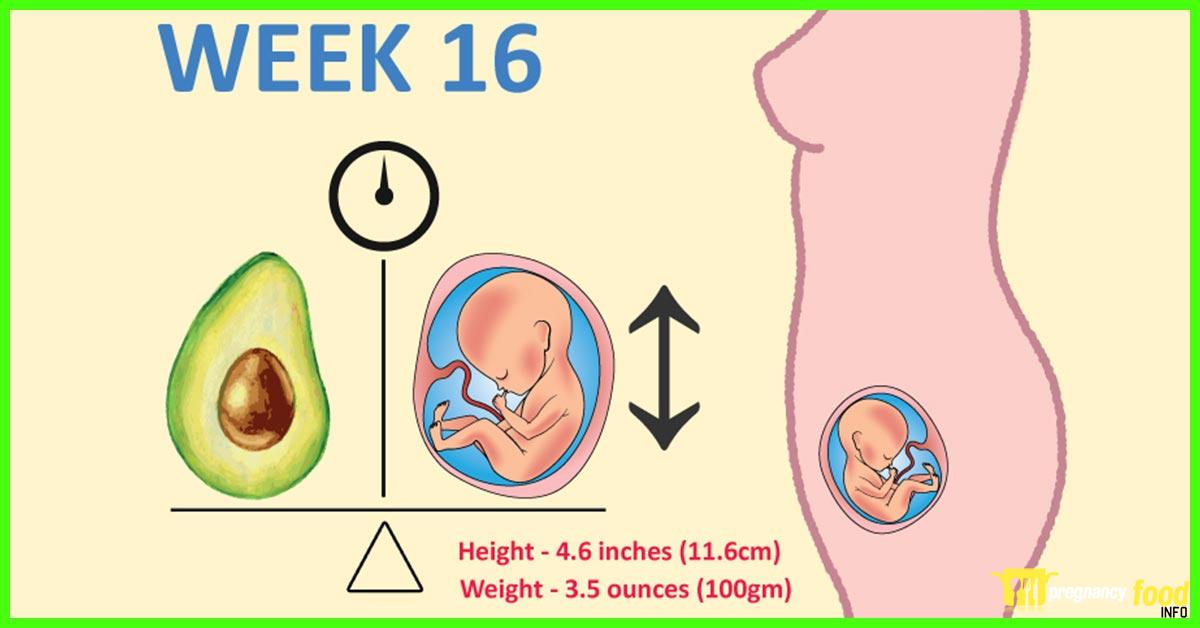Whether you are expecting a child or are just curious about how big your baby at 5 weeks will be, this article will help you understand more about the changes your body will undergo during pregnancy. You will learn about the development of your baby’s brain and face, as well as how your body will change over the course of your pregnancy. You will also learn about some of the symptoms you should look out for during pregnancy.
Body changes during pregnancy
Throughout pregnancy, your body will undergo a number of changes to accommodate the growing baby. Some changes are temporary while others may be long-lasting. Your body will also go through several hormonal changes. These changes can be uncomfortable, but they are all necessary for the growth of the unborn baby.
The uterus will grow in size to accommodate the growing baby. This will put pressure on blood vessels, which may result in veins becoming darker or varicose veins.

A woman’s blood volume will increase by up to 40% during pregnancy. This is because of the increase in plasmatic volume and the enlargement of red cells mass. This is necessary to carry the growing baby’s oxygen needs.
The growing baby also puts pressure on the digestive system. This may cause indigestion or bloating. Eating smaller meals may help relieve these symptoms.

Symptoms of early pregnancy
During early pregnancy, most women will feel tired and under the weather. However, not everyone experiences these symptoms. Those who do are experiencing the effects of the pregnancy hormones. These hormones can cause nausea, mood swings and constipation.
Many women may experience light spotting during early pregnancy. This is a sign that an embryo is implanting into the uterus. The placenta is still forming and it is a vital component in providing nutrients and oxygen for the growing baby.
In addition to light spotting, other signs of early pregnancy include tender breasts and sore upper abdominal muscles. The growing baby can also cause heartburn and shortness of breath.
The heart is one of the first organs to develop. By week five, the tiny heart is starting to beat. It is about 0.3 inches in size. The brain and spinal cord are also continuing to develop.
Development of baby’s brain and face
During the first five weeks after conception, your baby’s face and brain are developing quickly. These two parts of your baby’s body have an important role to play. They respond to changes in position, and they are beginning to copy objects they see or hear.
These changes happen fast, and they require a strong foundation. You can help your baby develop healthy brain development by exposing him or her to real-life sounds and experiences. You can also play with toys that use pre-recorded sounds.
The first milestone in baby brain development is the formation of the neural tube. This tube is the foundation for the brain and spinal cord. It is a group of cells that runs down the middle of the embryo.
Development of baby’s legs and lower limb buds
During the first trimester, your baby’s legs and lower limb buds start to grow. These tiny buds will eventually grow into hands and feet. The first limb buds appear at about five weeks into pregnancy, and the first hand and foot buds are formed at about eight weeks.
The fetus is about a quarter of an inch long when it is born. The fetus is pink with translucent skin. It is about a half-inch long from the crown of the head to the rump. At this point, it weighs about one pound.
A fetus reaches its full growth potential around 35 to 37 weeks. This is the point where all of the key body parts are formed. The fetus is most vulnerable between days 17 and 56, when it is most susceptible to anything that could disrupt normal growth.
Avoiding raw foods while pregnant
During pregnancy, it’s important to avoid raw foods. These foods can contain harmful bacteria and parasites that can affect both you and your unborn baby. They can cause infections, birth defects, and premature birth.
You should also avoid foods that contain high levels of mercury. They can damage the nervous system of the fetus. You should also avoid foods that contain added sugar. You should also avoid foods that contain unpasteurized dairy products. These foods can contain bacteria, which can cause flu-like symptoms.
You should also avoid foods that contain nitrates. These foods can contain bacteria that are used in food preservation. They can also be a source of Listeria, which can cause infections in your unborn baby.
You should also avoid foods that contain raw eggs. Eggs should be cooked thoroughly to prevent the risk of Salmonella.




